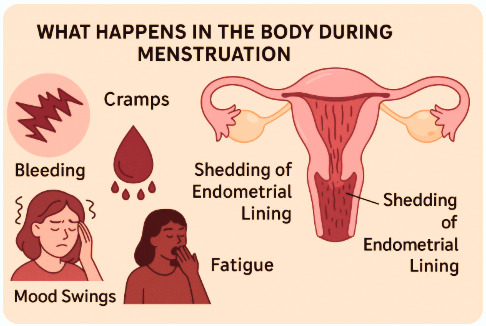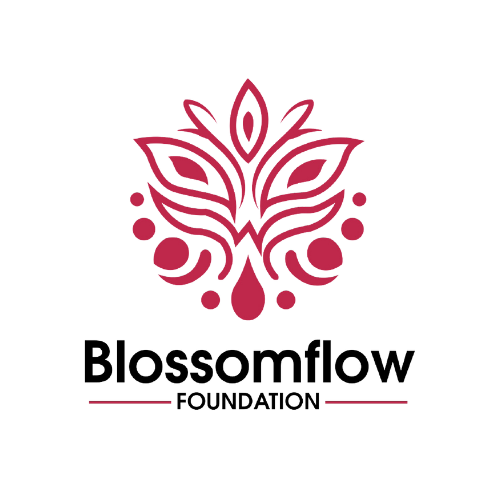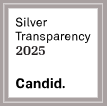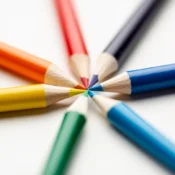
What Your Body Goes Through When You’re on Your Period
Your period isn’t just a few days of bleeding, it’s the result of a complex and amazing cycle your body goes through each month. Hormones, your brain, and your reproductive system all team up to prepare your body, and if there’s no pregnancy, your body resets with a period. Whether you’re just starting your period journey or looking to understand it better, this guide explains everything in simple terms.
What Is Menstruation? A Simple Explanation
Let’s break it down.
Imagine your uterus is like a room getting ready for a special guest, a baby. Each month, your body decorates that room with soft tissue and blood, just in case. If the guest doesn’t show up, your body cleans out the room. That cleanup process? That’s your period.
What comes out during your period isn’t just blood. It’s a mix of blood, tissue from your uterus, and other fluids. It flows out through your vagina, and while it can seem like a lot, it’s usually just about 2 to 3 tablespoons in total.
Hormonal Changes: The Hidden Bosses of Your Period
Your body has little chemical messengers called hormones. They tell your body what to do and when.
- Estrogen helps grow the lining of the uterus.
- Progesterone helps it stay ready to support a pregnancy.
- FSH (follicle-stimulating hormone) and LH (luteinizing hormone) control when your body releases an egg.
When the hormones decide there’s no pregnancy, they drop, and that drop signals your body to start your period.
The 4 Phases of the Menstrual Cycle
Your menstrual cycle is more than just bleeding. It’s a full monthly process made up of four phases:
-
Menstrual Phase (Days 1–5)
This is when your period starts. Your body is clearing out the uterine lining, that’s why you bleed.
-
Follicular Phase (Days 1–14)
At the same time, your brain sends signals to your ovaries to get some eggs ready. Your estrogen levels start rising, which helps rebuild the lining inside your uterus.
-
Ovulation (Day 14)
When estrogen hits a peak, your body releases an egg from one of the ovaries. This is called ovulation.
-
Luteal Phase (Days 15–28)
Your body prepares in case the egg gets fertilized. If not, progesterone and estrogen levels fall, and the cycle restarts with your next period.
What Your Body Feels Like During Your Period
Cramps
Your uterus is a muscle, and during your period, it contracts to push out the old lining. That’s why you feel cramps. Some feel mild discomfort, others experience sharp, stabbing pain.
Tiredness
Losing blood and dropping hormone levels can make you feel drained or low-energy. This is completely normal.
Mood Swings
Hormones affect your brain too. You might cry one minute and laugh the next. PMS (premenstrual syndrome) causes these ups and downs.
Bloating
Your body tends to hold onto extra water. That’s why your tummy might feel puffy or tight.
What Else Happens That You Might Not Notice
- Sleep Troubles: Hormones can mess with your sleep cycle.
- Breast Tenderness: Breasts may feel sore or swollen right before or during your period.
- Acne or Breakouts: Hormonal changes can cause skin to produce more oil.
- Increased Hunger: Many people crave sweets, salty snacks, or carbs. That’s your hormones talking!
How to Help Your Body During Your Period
- Eat Iron-Rich Foods: Foods like red meat, lentils, and spinach help replace lost iron.
- Hydrate: Drink plenty of water to reduce cramps and bloating.
- Use Heat: A warm water bottle or heating pad on your belly can calm cramps.
- Gentle Movement: Light exercises like walking or yoga can boost your mood and ease pain.
- Track Your Cycle: Using a calendar or period app helps you know when to expect your period and plan ahead.
When to Get Help
Talk to a doctor if:
- Your period lasts longer than 8 days.
- You soak through a pad or tampon every hour for several hours.
- You have extremely painful cramps that stop you from doing normal activities.
- You feel very tired, dizzy, or weak.
- You haven’t gotten your period by age 16, or it suddenly stops for more than 3 months.
Conclusion
Your period is a sign that your body is working just the way it should. It’s totally natural to feel different from week to week. Your hormones are always shifting, and that affects your energy, your mood, and even your skin.
Understanding what’s going on in your body during your period helps you feel more in control, less anxious, and better prepared to take care of yourself. So the next time your period comes around, you’ll know it’s not just blood. It’s your amazing body doing its monthly reset.
FAQs
Why do periods hurt?
Cramps happen because your uterus is squeezing to release its lining. Those squeezes cause pain.
How do I know if my period is normal?
A normal period lasts 3 to 7 days and comes every 21 to 35 days. If it’s outside that range, talk to a doctor.
What should I eat on my period?
Iron-rich foods, healthy carbs, lots of water, and small snacks when you’re craving comfort foods.
Can I play sports during my period?
Yes! If you feel up to it, moving your body can actually help relieve cramps and improve your mood.
Do all girls get periods at the same age?
No. Most start between ages 9 and 15 and that’s completely normal.
All Categories
Recent Posts
Why SDG 4 Cannot Be Achieved Without Ending Period Poverty
Tags
Give them a helping hand
Every donation fuels our mission to combat period poverty. Your generosity brings us closer to menstrual equity.
+234-909-482-1642
inquiries@blossomflow.org




